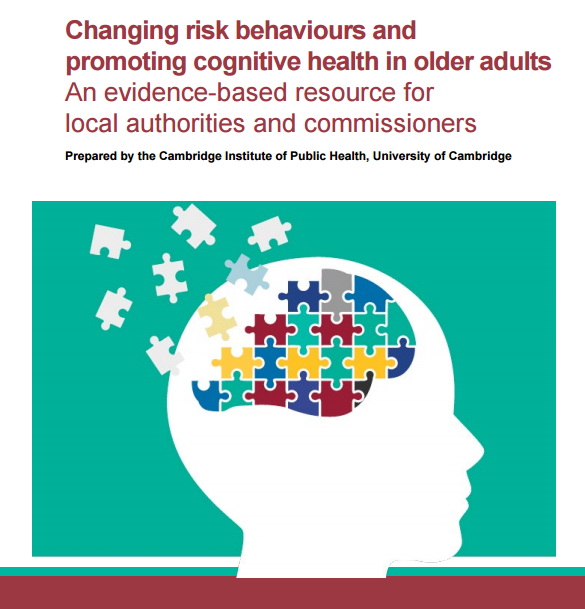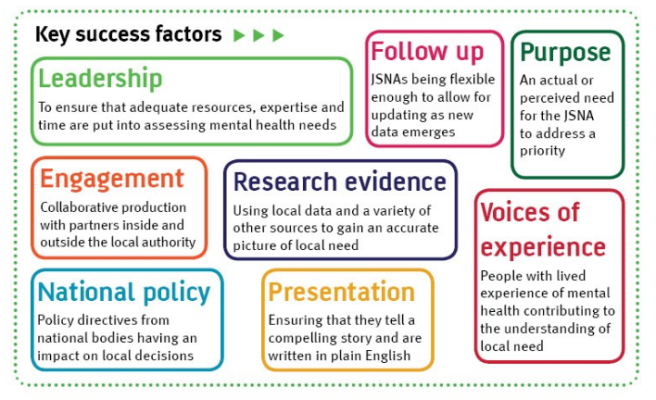Dr Jen Perry, clinical lead for BMJ Quality, talks to Dr Emma Vaux | BMJ Quality Blog

Moving beyond the tickbox
Quality improvement (QI) has often been seen either as a tick-box exercise; something trainees have to do in order to pass their ARCP, or as an elite sport for carefully chosen clinical fellows. We need to move the thinking beyond this so that junior doctors are able to see its wide-ranging benefits, such as the ability to improve patient care, develop transferable skills (eg leadership), and build teams.
QI is an important method of “putting the fun back into medicine”, particularly in these difficult times where morale is low among junior doctors. It is a good way for junior doctors to get to know their teams outside of the ward round and the usual day to day business.
Doctors often lament the loss of the medical firm – well, this is one way of bringing teams back together and changing the conversation. QI enables links to be made between junior doctors and the rest of the organisation; it allows them to meet and engage with senior people such as the medical director and the director of patient safety. This helps to foster a culture where organisations value their junior doctors and the work that they do.
Read the full blog post here










